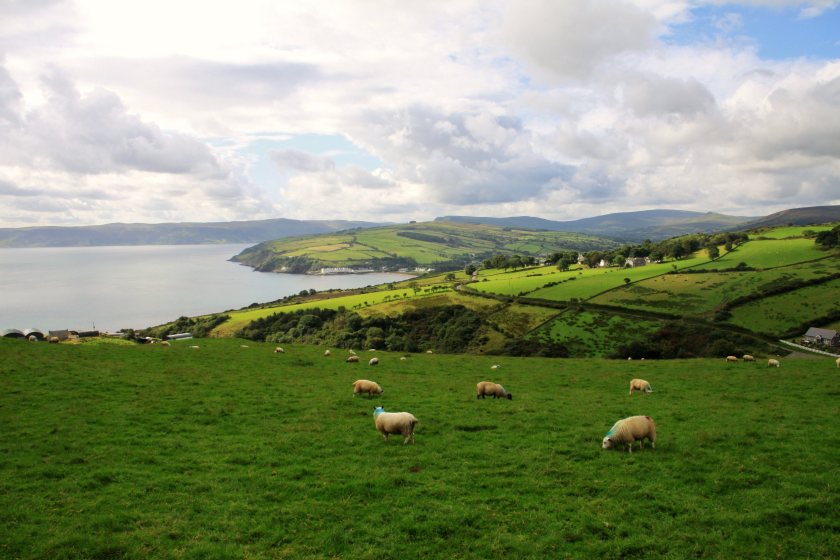
Possible changes to Northern Ireland’s maedi visna (MV)-free status and the withdrawal of funding to combat it has raised fears for the future of the NI sheep sector.
It follows a recent industry meeting attended by hundreds of farmers, where the implications of the disease was highlighted and the proposed changes were outlined.
MV is a chronic progressive disease in sheep and goats, with common clinical signs including lung disease, wasting and mastitis, all causing severe impacts on sheep health and productivity.
But the Department of Agriculture (DAERA) said it was withdrawing funding for MV testing, and instead proposing that the industry implement a scheme, funded by farmers.
The Ulster Farmers’ Union (UFU) and National Sheep Association (NSA) said keeping Northern Ireland free of MW was vital for its animal health and trading status.
“Any type of testing, accreditation or control scheme will be an additional expense to farmers at a time when they are already facing low profit margins," explained UFU hill farming chair, Alastair Armstrong.
"The loss of MV control measures at borders is a major concern because if MV is transmitted into NI flocks, they would become less efficient, profitable and sustainable having a knock-on effect on the NI sheep sector."
He said sheep farmers felt like they had been 'completely forgot about' by DAERA, with the withdrawal of MV funding 'the latest blow'.
"With the way things stand currently, they are still set to lose 17% of the Basic Payment Scheme and there is no more funding for the sheep scab scheme," he added, "All of which are placing the industry in jeopardy.”
The NSA's Edward Adamson said that farmers would be anxious if control measures were removed, as it would 'allow the MV floodgates to open'.
It comes as MV infection rates continue to increase in both Great Britain and the Republic of Ireland.
In Britain, the number of MV affected flocks has risen sharply in the last 30 years from 1.4% in 1995 to 9.4% in 2019.
Mr Adamson said: "If NI stops restrictions on the health status of imports, this disease has the potential to become widespread.
“Sheep farmers are willing to act responsibly with biosecurity, quarantine and purchasing from high health flocks, however all this is useless if DAERA remove controls."
British researchers were recently awarded a £1.1 million grant to tackle the devastating impact of MV.
